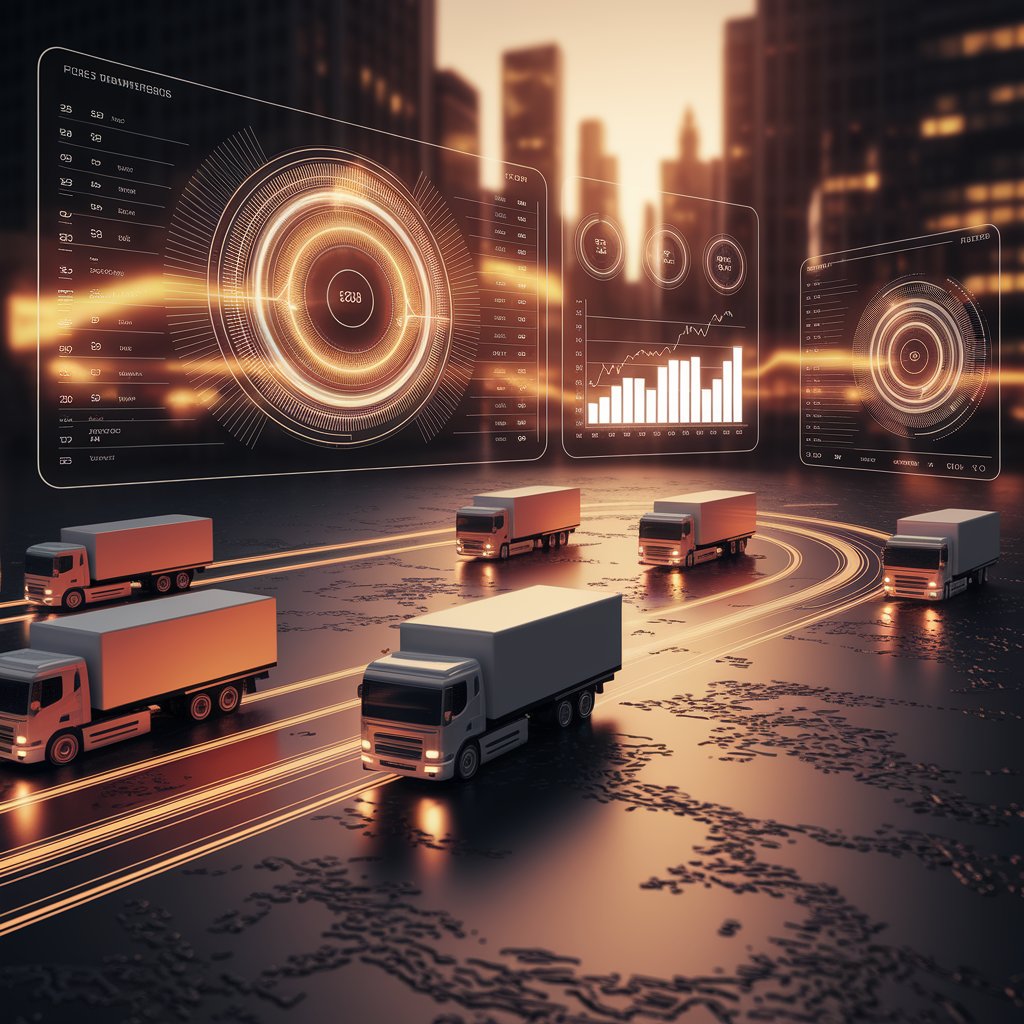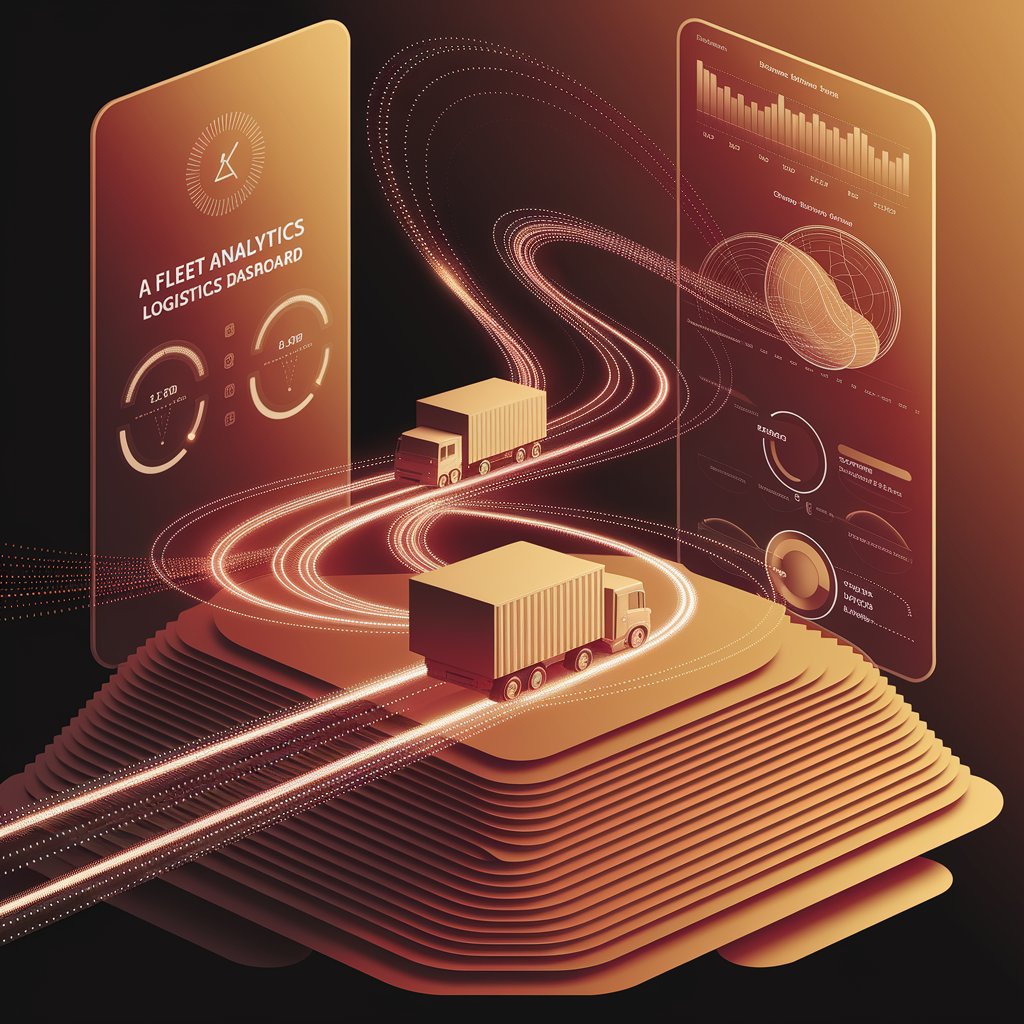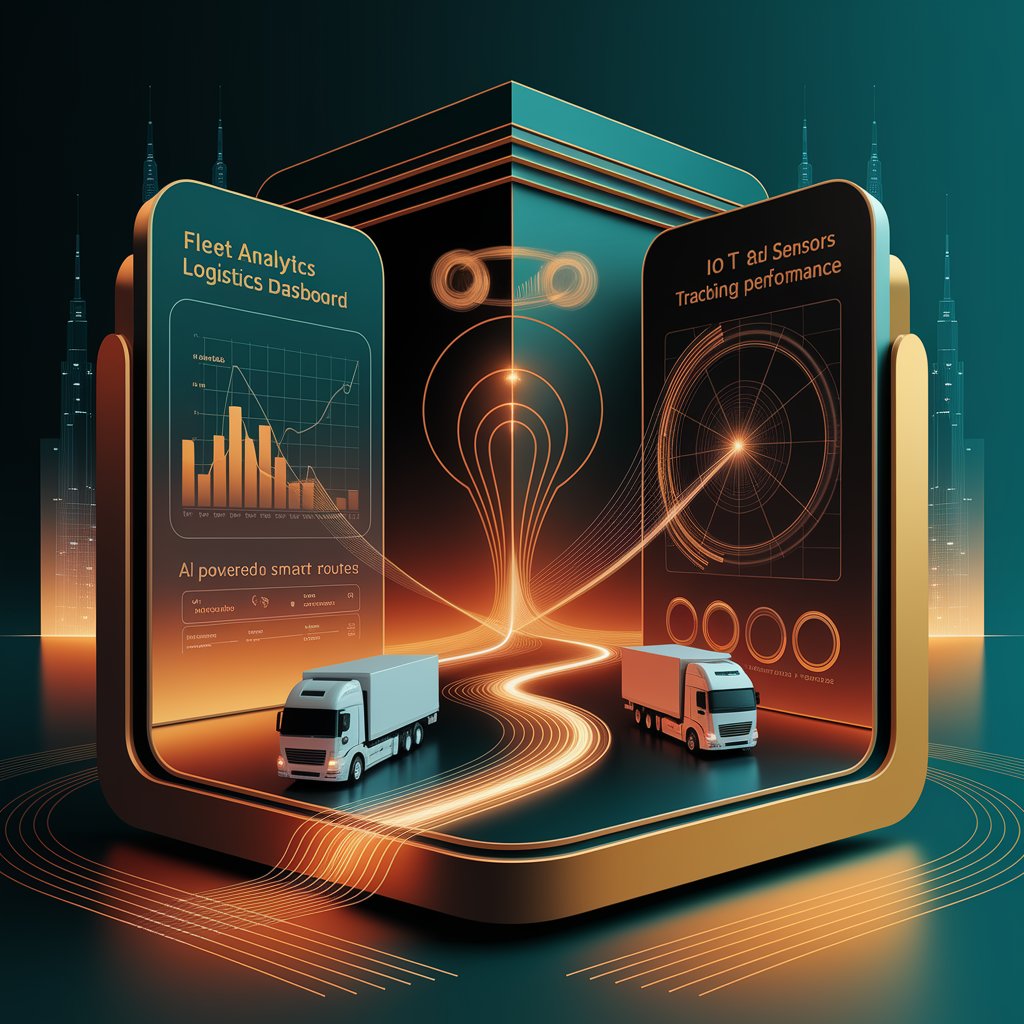Fleet Analytics Logistics: Driving Smarter and More Efficient Operations

Introduction
This is where fleet analytics logistics comes in. By leveraging data, IoT sensors, and AI-powered platforms, logistics providers can gain end-to-end visibility into their fleets, improve performance, and deliver more sustainable and cost-efficient operations.
What Is Fleet Analytics in Logistics?
Fleet analytics in logistics refers to the process of collecting, analyzing, and visualizing data from transportation fleets—whether trucks, ships, or planes—to optimize efficiency and performance. It transforms raw operational data into actionable insights that improve safety, reduce costs, and enhance service quality.

Core Features of Fleet Analytics Logistics
- Real-Time Tracking: Monitor vehicles, routes, and shipment progress.
- Fuel Consumption Insights: Detect inefficiencies and reduce fuel waste.
- Predictive Maintenance: Identify issues before they cause downtime.
- Driver Performance Monitoring: Track driving behavior for safety and efficiency.
- Custom Dashboards: Visualize KPIs tailored to fleet management needs.
Benefits for Supply Chains
- Cost Reduction: Lower fuel consumption and optimize asset use.
- Improved Safety: Monitor driver behavior and ensure compliance.
- Reduced Downtime: Predictive maintenance prevents breakdowns.
- Enhanced Customer Service: Provide accurate ETAs and reliable delivery.
- Sustainability: Track and reduce fleet emissions.

Real-World Applications
- Trucking Companies: Optimize routes to cut costs and fuel use.
- Maritime Logistics: Monitor vessel performance for long-distance efficiency.
- Air Cargo Fleets: Track flight delays, capacity utilization, and costs.
- Last-Mile Delivery Providers: Analyze urban traffic patterns to improve delivery times.
The Future of Fleet Analytics Logistics
The next wave of fleet analytics will integrate AI, machine learning, and digital twins. Instead of just analyzing past data, fleets will become self-optimizing ecosystems that adjust routes, maintenance schedules, and driver assignments automatically. Sustainability reporting will also become a core feature, aligning logistics with global emission reduction targets.

Conclusion
Fleet analytics logistics is transforming transportation operations into smarter, more efficient, and more sustainable systems. By combining real-time tracking, predictive insights, and advanced reporting, logistics providers can cut costs, improve safety, and deliver better customer experiences. For modern supply chains, fleet analytics is not just an advantage—it’s a necessity for long-term competitiveness.
